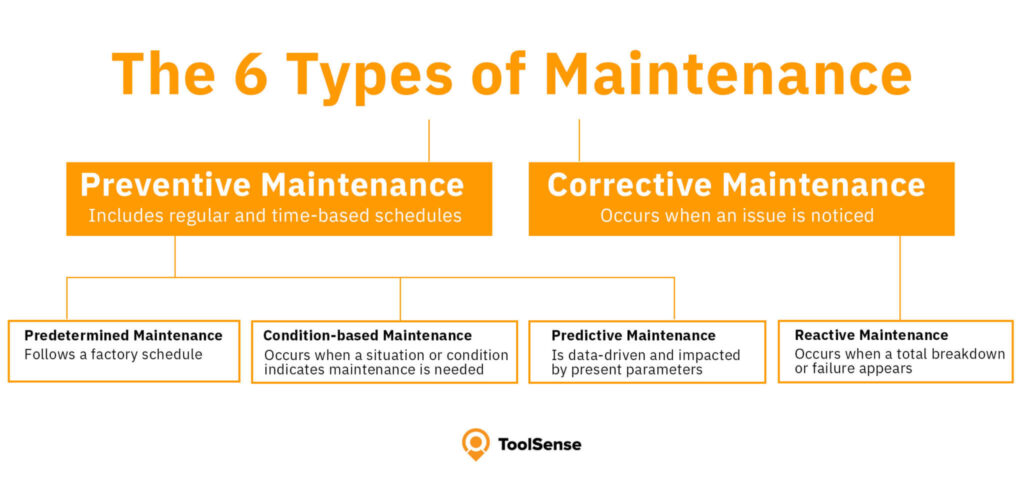Why is innovation crucial for industrial expansion? It’s a question at the forefront of every forward-thinking leader’s mind. In today’s rapidly evolving global marketplace, standing still is synonymous with falling behind. Innovation isn’t just a buzzword; it’s the lifeblood of sustained growth and a crucial driver of competitiveness. Without a commitment to exploring new ideas, processes, and technologies, companies risk becoming obsolete, unable to meet the changing demands of consumers and the challenges of a dynamic economy. From streamlining production to developing groundbreaking products, innovation is the engine that powers progress across all sectors.
Key Takeaways:
- Innovation is essential for driving efficiency and staying competitive in the modern industrial landscape.
- Embracing new technologies and strategies is key to achieving sustainable industrial expansion.
- Adaptability and a willingness to invest in research and development are critical for long-term success.
- Focusing on sustainable innovation practices and resource optimization ensures environmental responsibility alongside economic growth.
How Does Innovation Drive Industrial Expansion?
Innovation propels industrial expansion in several key ways. First and foremost, it fosters efficiency. By developing new and improved processes, companies can optimize their operations, reduce waste, and lower costs. Think of the advancements in robotics and automation that have revolutionized manufacturing. These technologies, born from innovative thinking, have dramatically increased productivity and precision, allowing businesses to produce more goods with fewer resources.
Furthermore, innovation leads to the creation of new products and services. By identifying unmet needs and developing solutions to address them, companies can tap into new markets and expand their customer base. This continuous cycle of creation and improvement is vital for driving long-term growth and staying ahead of the competition. For example, the shift towards electric vehicles (EVs) is a direct result of innovation in battery technology and sustainable transportation, opening up entirely new avenues for industrial expansion in the automotive and energy sectors.
The Role of Technology in Fostering Industrial Expansion
Technology is undeniably a cornerstone of innovation and a major catalyst for industrial expansion. The rise of Industry 4.0, characterized by the integration of technologies like artificial intelligence (AI), the Internet of Things (IoT), and cloud computing, is transforming the way industries operate. These technologies enable real-time data analysis, predictive maintenance, and optimized supply chains, leading to significant improvements in efficiency and productivity.
Consider the impact of IoT sensors in manufacturing plants. These sensors collect vast amounts of data on equipment performance, environmental conditions, and production processes. This data can then be analyzed using AI algorithms to identify potential problems before they occur, allowing for proactive maintenance and minimizing downtime. This not only saves companies money but also improves the overall reliability and efficiency of their operations, creating a strong foundation for sustained industrial expansion. In the digital age, having access to high-speed internet, for example 1 gb, becomes essential for these technologies.
Sustainable Innovation: A Path to Responsible Industrial Expansion
In today’s world, industrial expansion cannot come at the expense of the environment. Sustainable innovation is crucial for ensuring that growth is both economically viable and environmentally responsible. This involves developing new technologies and processes that minimize environmental impact, reduce waste, and promote resource efficiency.
For example, companies are increasingly investing in renewable energy sources, such as solar and wind power, to reduce their carbon footprint. They are also exploring innovative ways to recycle and reuse materials, turning waste into valuable resources. By embracing sustainable practices, companies can not only reduce their environmental impact but also improve their bottom line, as resource efficiency often leads to cost savings. Furthermore, consumers are increasingly demanding sustainable products and services, making it a competitive advantage for companies that prioritize environmental responsibility.
Overcoming Challenges to Drive Industrial Expansion
While innovation is essential for industrial expansion, it is not without its challenges. One of the biggest hurdles is the cost of research and development (R&D). Developing new technologies and processes requires significant investment, which can be a barrier for smaller companies or those with limited resources.
Another challenge is the risk of failure. Not every innovation will be successful, and companies need to be willing to take risks and learn from their mistakes. This requires a culture of experimentation and a willingness to embrace new ideas, even if they don’t always pan out. Moreover, there is often resistance to change within organizations. Implementing new technologies and processes can disrupt existing workflows and require employees to learn new skills. Overcoming this resistance requires effective communication, training, and a commitment to creating a supportive environment for innovation.





